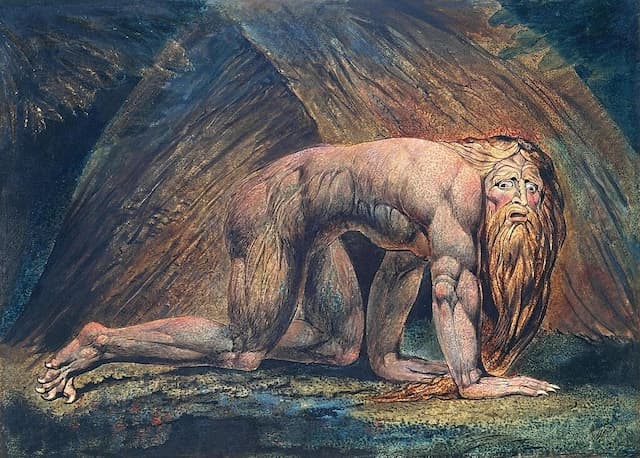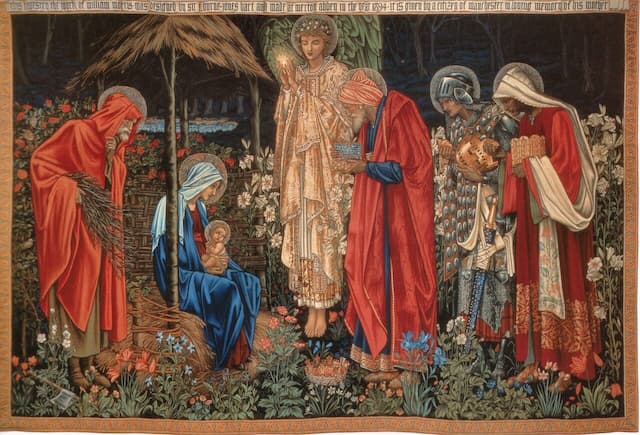India has come of age–Mukesh Ambani, India’s richest man, exemplifies this | Dreaming Beneath the Spires
When my parents visited the family of our Belgian parish priest in Belgium were first married, in the mid-fifties.
The host’s kids had to wash up after dinner. As they did so grumbling, they said, “I wish we were Indians. We could eat with our hands on leaves, and then throw it away.” My parents smiled. They ate on fine crockery, with cutlery, and the servants washed up.
Perceptions change slowly. We ate at a delicious church buffet the other day with multi-ethnic finger food (samosas, bhajjis, kebebs thai and middle eastern snacks etc.). A visiting Indian said, somewhat rudely, “It’s good; all that is missing is rice.” An older Brit said, equally rudely, “Well, you eat rice with your hands. We use cutlery. This is a finger food buffet.”
I am Indian. I have never eaten rice with my hands, as far as I remember. I looked at Roy, we shook our heads, and smiled.
Socially unconfident Brits are paranoid about using cutlery for everything. I laugh to see them eat chips or pizza or toast with their knife and fork. For heaven’s sake!
I now take up a chicken drumstick with my fingers and happily gnaw on it, saying, “Excuse me, I am Indian, and I think this is so much more natural.” And the Brit sitting next to me, frequently on a couch, at one of these Oxford dinner parties in rooms too small, says ruefully, “I was thinking of doing that too.” And?
This story about Mukesh Ambani, India’s richest man, from the New York Times illustrates what I am talking about.
“To a 19th-century British official, Thomas Babington Macaulay, the Indian elite were “interpreters between us and the millions whom we govern; a class of persons, Indian in blood and color, but English in taste, in opinions, in morals and in intellect.”
As time went on, the elites were steeped in British culture, spoke with Oxbridge accents, pooh-poohed Bollywood films and danced only to British and American music. They dismissed those who spoke Indian languages at home as “vernies,” short for “vernaculars.”
Then, in the 1990s, Bombay changed its name to Mumbai, and Altamount was renamed S. K. Barodawalla Marg. Neither name has stuck with everyone, but the changes were part of an emerging movement to purge India of its colonial legacy.
Such changes accompanied the rise to power of a new class of Indians who want to live and work and raise their children in India, who are tethered to Indian values, food and popular culture and who are unapologetic about their indigenous tastes. The Ambanis are this class’s first family.
Many other Indian business families have been rich for generations, and their scions don finely cut suits and flaunt fussy tastes. Ratan Tata cruises down Marine Drive on Sundays in fast cars and favors Hermès ties with matching handkerchiefs. Vijay Mallya is said to be trailed in his home by a butler holding a silver tray with a cigar and a Scotch. Adi and Parmeshwar Godrej are famous for soirées that attract Hollywood stars.
Mr. Ambani comports himself quite differently. Among family members, he prefers speaking Gujarati to English, friends say. He may ask colleagues to stop at the temple with him during business trips to partake in a ritual Hindu prayer. He loathes Western suits, preferring a white short-sleeved shirt, black trousers and black shoes that resemble sneakers cross-bred with office wingtips.
His idea of entertainment is not ballet but Bollywood; he watches as many as three films a week at home in a private theater. “You need some amount of escapism in life,” he says. “Those two or three hours give you relief.”
He has a legendary appetite, but mostly for the food of the bustling Mumbai streets. He has been known to walk out of fancy restaurants in search of dosas, south Indian crepes sold by the roadside. And he carries those preferences with him when he travels.
One evening, when Mr. Ambani and a former Stanford classmate, Akhil Gupta, were in New York, they dined at Nobu, the popular Japanese restaurant. Mr. Ambani, a vegetarian, picked at the fare, finding it bland. At the end of the meal, Mr. Gupta recalls him saying: “That was nice. Now should we go have dinner?”
For Mr. Ambani, it’s all a matter of comfort food.
“Personally, I still have to eat my dal, roti, chaval,” he says, using the Hindi words for lentil soup, flatbread and rice. “I just have not developed those tastes.”
He recalls “a lot of emulation” of Western ways surrounding him as a child. “My view was: ‘What the hell, man! We can do what we feel like.’ I think what has changed now, and it is changing in multiple generations, is this self-confidence and self-belief.”
His preferences reflect a wider cultural transformation in India, admirers say. “If you look at his interests, they’re very rooted in India,” says Nandan M. Nilekani, co-chairman ofInfosys Technologies, a leading outsourcing company in India. “He’s not trying to impress anyone else. It’s part of a broader shift in self-confidence that is happening, where people are no longer looking at Westernized symbols of having arrived.”











